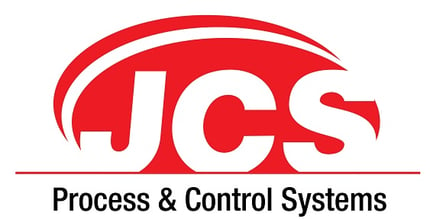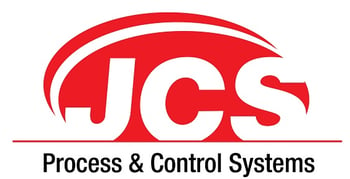Are you aware of the security risks of hosting HMI applications on thick clients? How much time gets spent ensuring thick client operating systems are updated or the amount of time and expense involved in replacing a HMI thick client that fails? In JCS’s breadth of experience, the solution to eliminating the security risks of thick clients, reducing maintenance support, and when necessary, quick replacement in a matter of minutes is simple when HMI applications are hosted on thin clients. Some of the key benefits of Thin Clients are:
- Lower Cost
- A thin client gives you 20% savings when compared to a thick client
- Reduce downtime and IT concerns
- When an HMI stops working on thin clients it only takes approximately 5 minutes to swap out
- No more worries with Windows 10, upgrades, and vulnerability
- Interactive training tool
- Shadowing allows a supervisor to monitor teams activities in real time and provide training
- Mobility
- See HMI screens on your mobile device as you walk around the facility
.png?width=1200&name=Social%20Media%20Posts%20(33).png)
With thin client software totally managed by a centralized server, IT plant personnel no longer need to administer and oversee the security of each individual HMI client located throughout a plant. Security scope is reduced to servers only. If an HMI thin client ceases to function, rapid recovery to operation only entails a quick swap of the thin client computer with a spare, a network address setup, and a thin client configuration download by the thin client server manager. Significant plant savings occur compared to a thick client replacement that involves purchasing a new computer, software install and configuration, and the additional plant operational time required to work-around the lost HMI client.
In addition to security and ease of replacement, thin client technology offers a multitude of benefits to the end-user including multi-session monitoring and tiling, operational oversight, and scalability. Utilizing multi-session monitoring, JCS configures independent HMI sessions on one large screen monitor allowing multiple areas of a plant to be viewed and controlled from one location – typically the control room. Centralized control adds a level of worker safety by reducing the need for a worker to have to venture near potentially hazardous equipment or process chemicals. A thin client solution also allows for the placement of a single or multi-session monitor in a supervisor or manager’s office to provide for the operational oversight of plant processes. Whether it’s architecting new or upgrading existing control system servers, JCS leverages the scalability aspect of thin client technology to fit within the customer’s system requirements. Once the centralized thin client manager server is implemented, thin clients can easily be phased into operation by adding thin clients, replacing thick clients with thin client technology, or converting an existing thick client (i.e. PC) to a thin client terminal.
Terminal shadowing, another notable feature of a thin client solution is frequently used by JCS for HMI training and process control troubleshooting. From a terminal shadow session, a JCS engineer, locally or remotely, can demonstrate how to operate an HMI application, oversee an operator’s HMI interactions, or monitor and troubleshoot the control process. Support for video streaming from IP cameras to a thin client terminal window or incorporated as a thin client overlay on an HMI application screen also aids in-process monitoring. Other benefits to a thin client implementation include the delivery of an HMI application to mobile devices such as tablets or phones, defined user or location access control to various thin client terminal applications, and user login via badge readers.
JCS Process & Control Systems utilizes the newest technology to deliver the best solution to meet your processing needs and implementing thin client technology has become a key component to delivering a fully integrated system that’s flexible, scalable, secured, and easily maintained.
Contact JCS today, a ThinManager Certified Integrator Partner, for integrating thin clients in your processing plants and to take advantage of the lower cost, reduce downtime and IT concerns, interactive training tool, and mobility benefits an HMI thin client solution has to offer.


